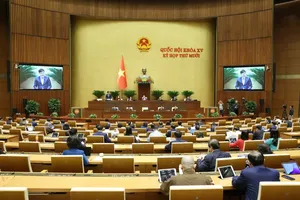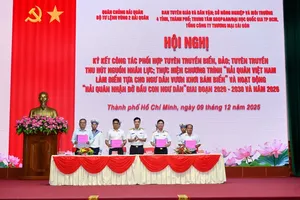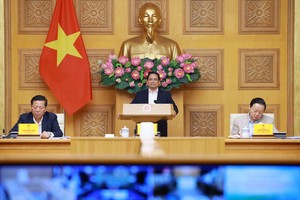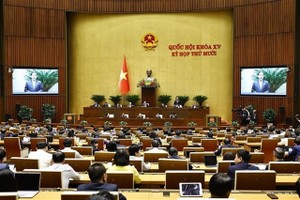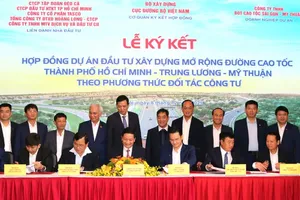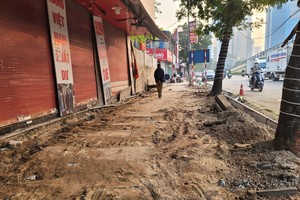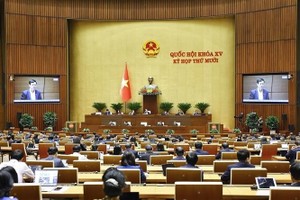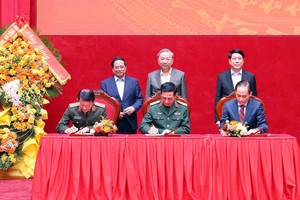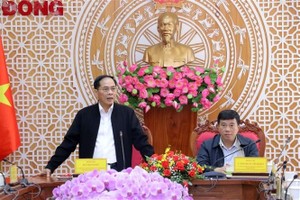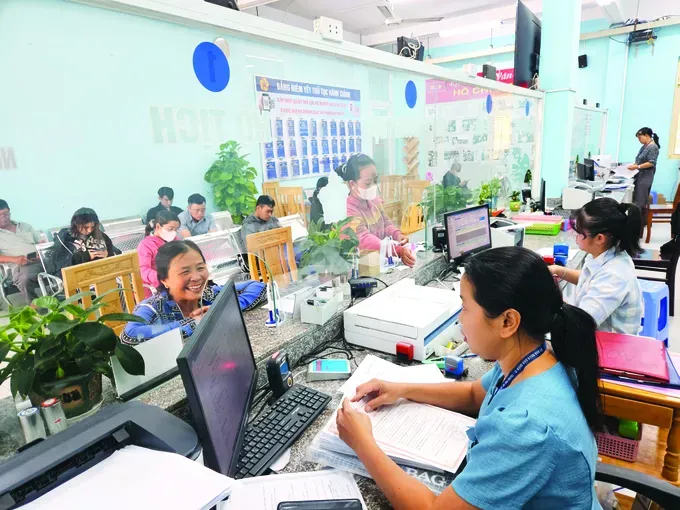
Under the new draft law, commune-level People’s Committee chairpersons are slated to receive considerably broader authority, extending beyond personnel matters to include finance, internal apparatus reorganization, and the direct implementation of essential public services within their jurisdictions.
With the potential phasing out of district-level administrative functions, the commune level is set to become the primary implementation hub and proactive focal point for policy execution, emergent issue resolution, and direct citizen engagement.
This augmented responsibility necessitates a vastly higher caliber of leadership than previously required, effectively positioning commune-level People’s Committee chairpersons as “commanders” at the grassroots, where all state policies translate into tangible reality.
Evidence from localities like HCMC, Binh Duong, and Bac Ninh, which have already embraced robust decentralization to grassroots authorities, indicates that empowering the commune level yields positive transformations.
However, these aspirations are tempered by practical concerns, particularly regarding the existing quality of grassroots cadres. Statistics from the Ministry of Home Affairs from early 2025 reveal that approximately 24 percent of commune-level officials still failed to meet the new regulatory qualification standards.
A significant number of commune People’s Committee chairpersons reportedly hail from backgrounds unrelated to public administration, often lacking the skills to navigate complex situations and tending to operate based on local customs rather than established official protocols.
Illustrative negative incidents, such as the prosecution of a former commune People’s Committee chairperson in Thai Binh Province for abusing his position in land management, and a case in a northern mountainous commune where numerous relatives of a leader were appointed to official posts without due examination, have underscored these concerns and caused public outrage.
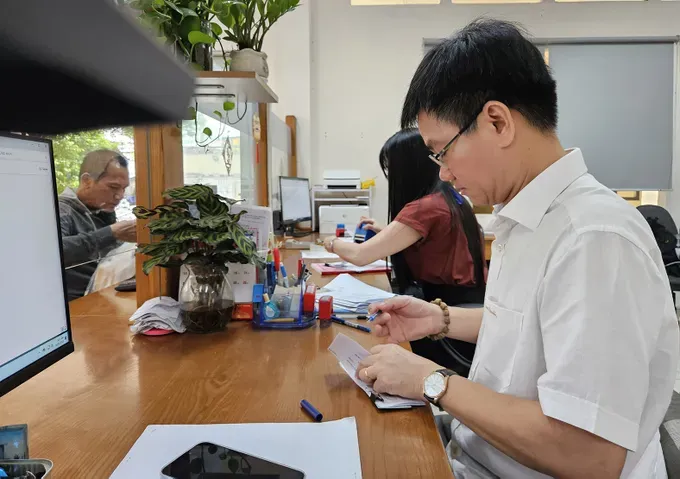
Meaningful decentralization requires rigorous cadre standardization and effective power control. Commune People's Committee chairpersons must meet strict qualifications, undergo continuous professional development, and pass periodic assessments, as per the draft law. All commune-level personnel activities, like recruitment and appointments, must be transparently publicized on district/provincial portals for public oversight.
The draft recalibrates provincial-grassroots relations, with commune leaders assuming former district roles. In Vietnam’s unified system under Party leadership, meticulous design of supervision, regulation, and power control mechanisms is crucial to uphold comprehensive Party leadership and ensure accountability.
International experience demonstrates that nations successful in decentralization consistently invest heavily in their grassroots government tier. Japan’s autonomous town model, the Republic of Korea’s financially independent local governments, and Germany’s empowered mayors all underscore a fundamental tenet that strong grassroots governance is indispensable for sustainable national development.
While Vietnam embraces this global trend, it is forging its own path, characterized by cadre standardization, the integration of IT in governance, and the implementation of a dual accountability mechanism – answerable to both higher authorities and public monitoring.
Empowering commune People’s Committee chairpersons transcends administrative restructuring; it manifests political will to perfect Vietnam’s socialist rule-of-law State, concretizing principles of people’s mastery like “people know, discuss, do, inspect, benefit”, and affirming that reform is from, by, and for the people.
However, expanded power requires legal boundaries and an effective, transparent control system. Therefore, alongside devolving authority, standardizing commune cadres (qualifications, skills, political acumen) is paramount. Simultaneously, power control institutions must be perfected and social supervision strengthened, while official activities must rigorously uphold openness and transparency to ensure success.
